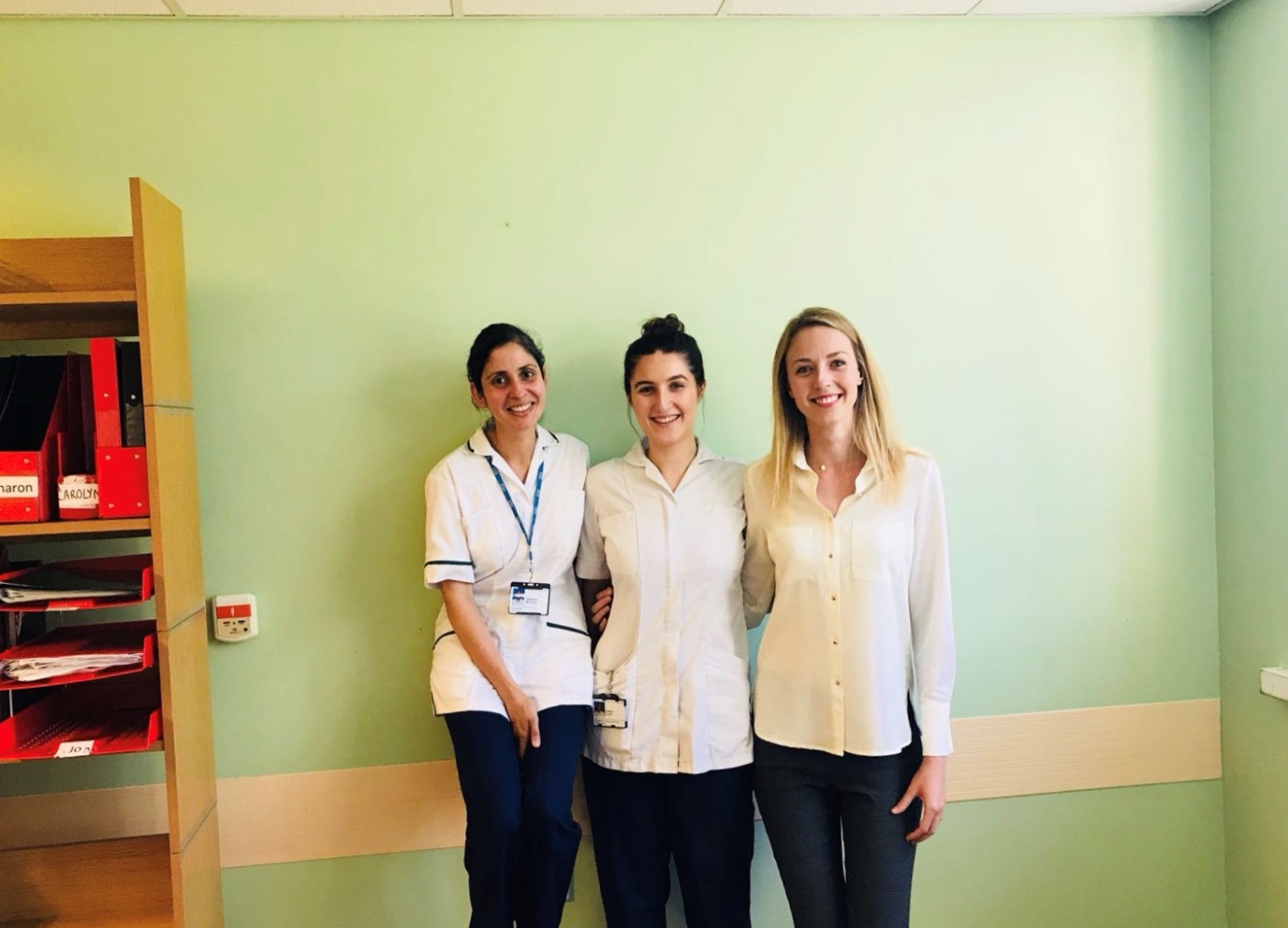A new occupational therapy (OT) re-ablement service initiative is being trialled by the Health Care of Older People (HCOP) team at Nottingham University Hospitals (NUH). The beginnings: In October 2017 a band 5 OT returned from a secondment following completion of her Masters and was due to commence her PHD.
Rather than hold the remaining hours as a cost saving, we successfully pitched our idea to management and suggested converting the remaining band 5 money into a band 4 post, with the dedicated remaining band 5 hours to drive the initiative forward alongside our Advanced Practitioner. Our band 4 was recruited to and skilled up with competencies that were created around functional activities. The right time: Simultaneously, the initiative has caught the attention of the deputy divisional nurse within the trust and the AHP management team. This project has been supported by the Transformational Therapies Strategy work occurring at NUH and has resulted in long armed support of a project lead supporting Redesign work. The idea: Noticing that patients length of stays are increasing in the acute setting because of delayed transfers of care to the community , the correlation between deconditioning and increased dependence has inspired to us provide OT specific re-ablement interventions. We liaised with the Public Involvement (PPI) group to share the initiative and gain feedback. They stated they wanted a focus on Personal Activities of Daily Living (PADLs). Below are the current aims of the initiative: Aim: • To decrease the loss of ADL independence in patients during a hospital admission, in patients who are going home • Improve patients’ likelihood of returning home following a hospital admission, and improve their likelihood of remaining independent once they return home. The delivery: After gathering evidence and literature, engaging with stake holders, creating leaflets, creating competencies and training our support worker we eventually began delivering our re-ablement service in July 2018 and are planning to continue to deliver this for 3 months. After this period, an evaluation of the service and recommendations will be made Currently any members of the OT HCOP team as well as the multi-disciplinary team can refer directly to the band 4. The purpose is to commence the re-ablement OT interventions as soon as able during a patient’s hospital stay in an attempt to prevent Hospital Acquired Deconditioning (HAD). We have also chosen to trial the following outcome measures to capture data as the initiative continues. • The Functional Independence Measure (FIM). • The Elderly Mobility Scale (EMS). • Goal Attainment Scaling (GAS). Our hopes: As stated, our core business has historically been undertaking OT assessments and interventions to facilitate patient flow and support our patients to be discharged to the right destination at a safe or appropriate level of function. We hope that by providing re-ablement OT interventions early on in a patient’s hospital stay, we can demonstrate the additional value of OT in the acute setting and show that we can work in new ways which will benefit patients, whilst still contributing to patient flow.

